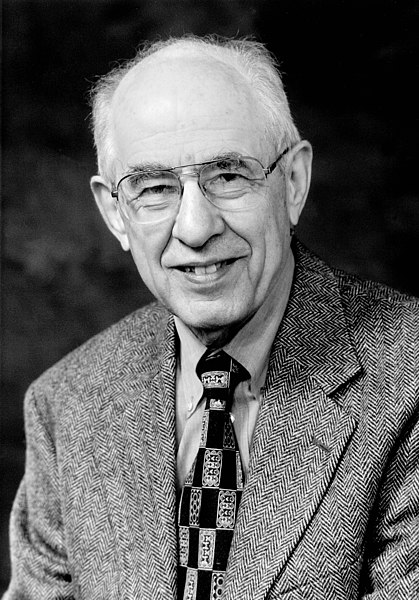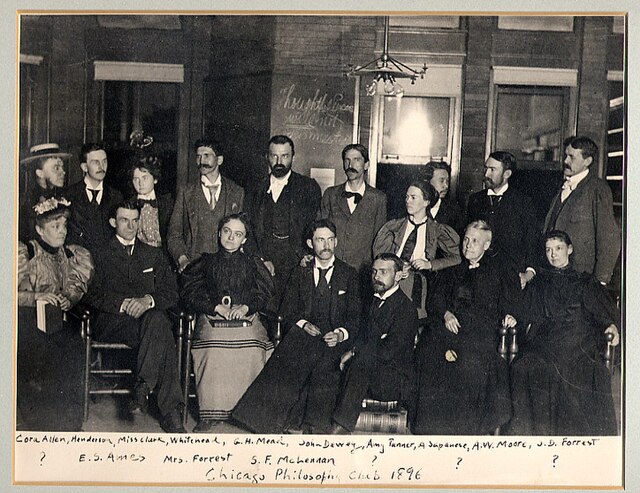American philosophy is the activity, corpus, and tradition of philosophers affiliated with the United States. The Internet Encyclopedia of Philosophy notes that while it lacks a "core of defining features, American Philosophy can nevertheless be seen as both reflecting and shaping collective American identity over the history of the nation". The philosophy of the Founding Fathers of the United States is largely seen as an extension of the European Enlightenment. A small number of philosophies are known as American in origin, namely pragmatism and transcendentalism, with their most prominent proponents being the philosophers William James and Ralph Waldo Emerson respectively.
Samuel Johnson
Jonathan Edwards
Portrait of Thomas Jefferson by Rembrandt Peale, 1800
Henry David Thoreau, 1856
Pragmatism is a philosophical tradition that views language and thought as tools for prediction, problem solving, and action, rather than describing, representing, or mirroring reality. Pragmatists contend that most philosophical topics—such as the nature of knowledge, language, concepts, meaning, belief, and science—are all best viewed in terms of their practical uses and successes.
Charles Peirce: the American polymath who first identified pragmatism
Hilary Putnam said that the combination of antiskepticism and fallibilism is a central feature of pragmatism.
The "Chicago Club" including Mead, Dewey, Angell, and Moore. Pragmatism is sometimes called American pragmatism because so many of its proponents were and are Americans.







